
Register your work
Here's how to get your royalties!
Here's how to get your royalties!
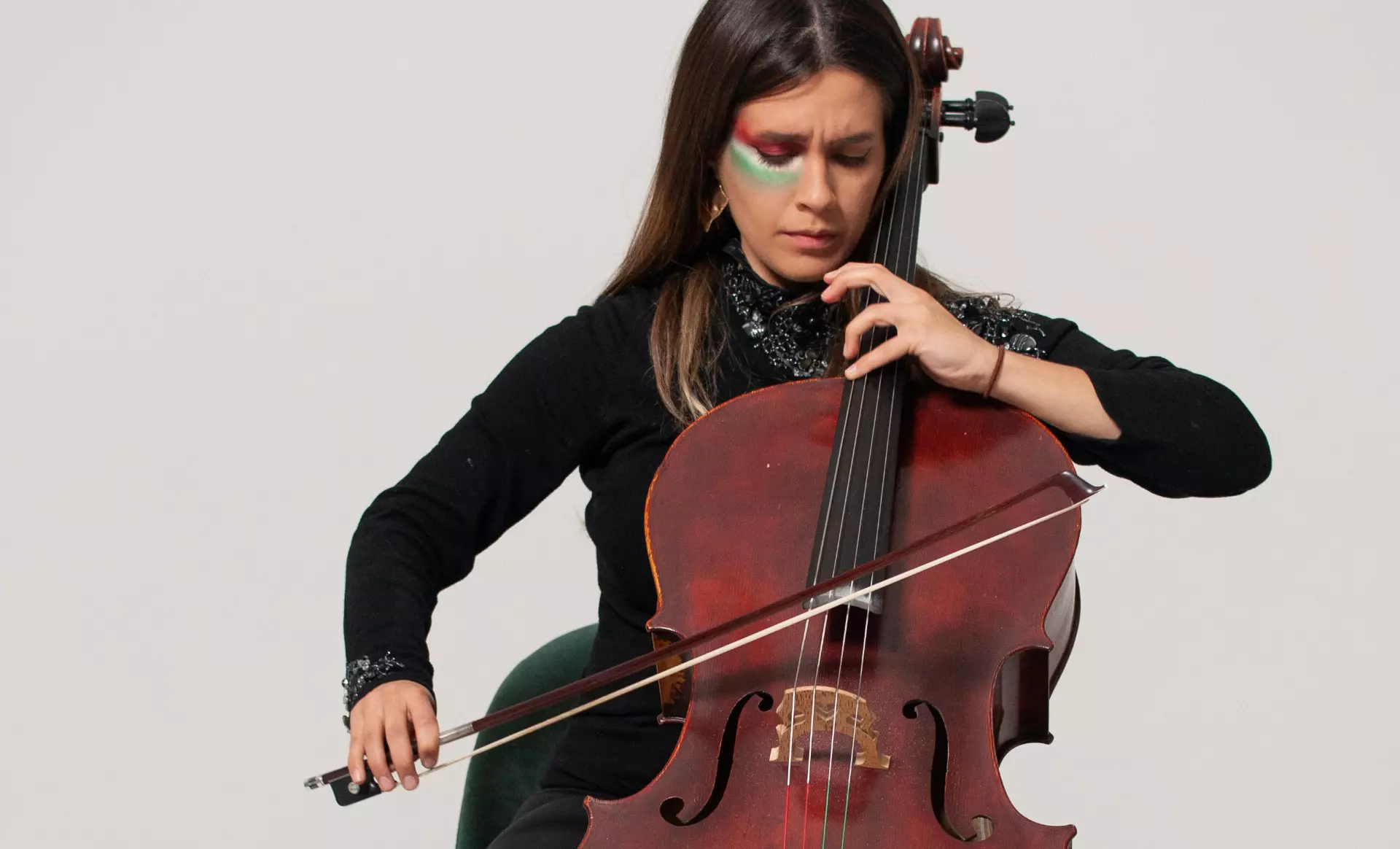


Please register each of your works as soon as possible after its creation so that it can start earning royalties for you as quickly as possible! AKM and austro mechana have a shared work database This means that the names of all participating composers, lyricists, arrangers, and publishers of a work are stored and can be queried at any time for requests.
A detailed guide on how to register works in the AKM Serviceportal can be found here.
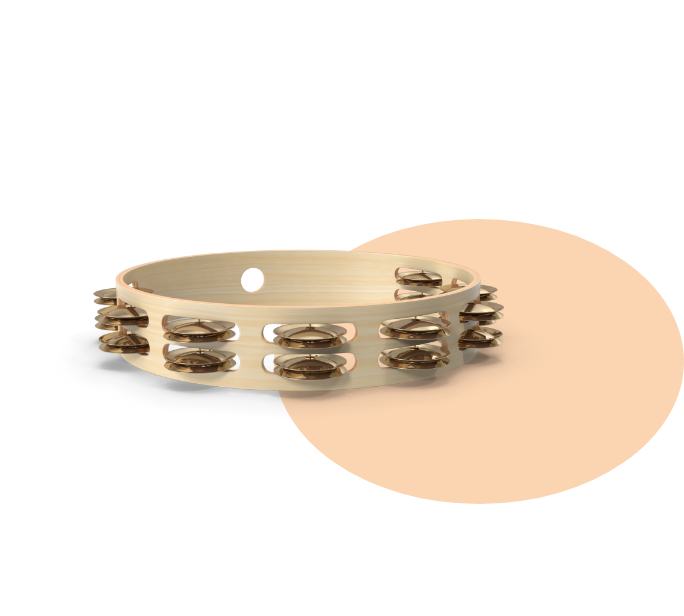
Work registrations received by us by January 15th will be considered for:
Work registrations received by us by July 15 will be taken into account for:
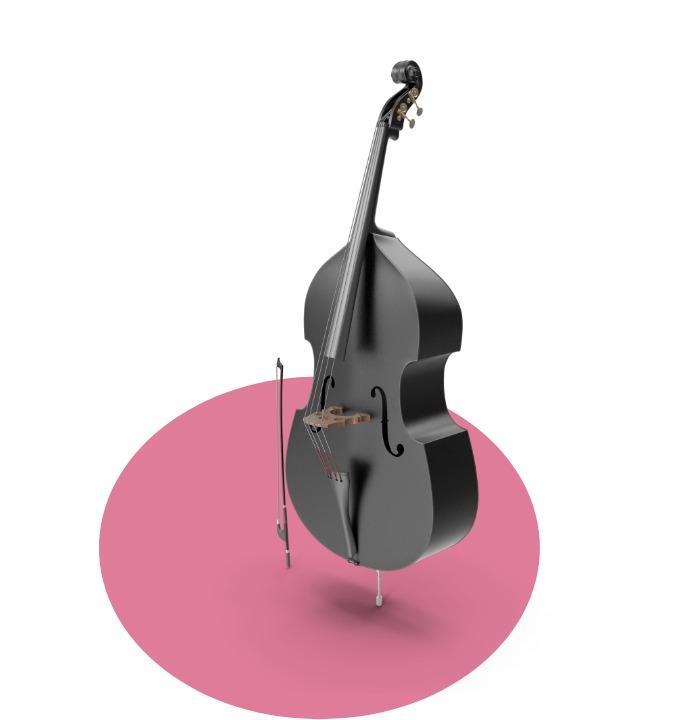
1
In the service portal, select report works.

2
Provide general information about the work.

3
List all authors and music publishers involved.

4
Upload an audio file.

Many of you would also like to add an audio file when registering your work to prove your authorship. This is a rather simple process in one of the following ways:
as part of a work registration
as part of the review of “sent work registrations”
via an extended work search as part of the work search details.
Several audio files can be stored per work, but the upload itself is only possible for individual works. Further information can be found in this folder.

If a work is changed musically and/or textually, it is called an adaptation or an arrangement. In order to be able to use the adaptation of a protected work (e.g. for a CD production), the rights holder must agree to the arrangement in advance. Arrangements of protected works are only registered by the rights holders if the arranger has a share in the royalties.
The same goes for remixes. If the remixer has also done some of the composing, his/her registration as a co-author of the new version of the work can be taken into consideration and must be reported by the rights holders of the original work.
The respective royalty distribution is derived from the AKM distribution rules. If the arrangers are to receive a share in the mechanical right (austro mechana), the amount of the participation must be enshrined in a previously agreed contractual agreement and reported to us accordingly.
There are usually several authorized parties for every given work. This is the case, for example, if there were several composers or several lyricists involved or if a work has been published. The royalty distribution key is not only a powerful phrase, it also indicates how the royalty amount is divided up between the various parties entitled to the work.
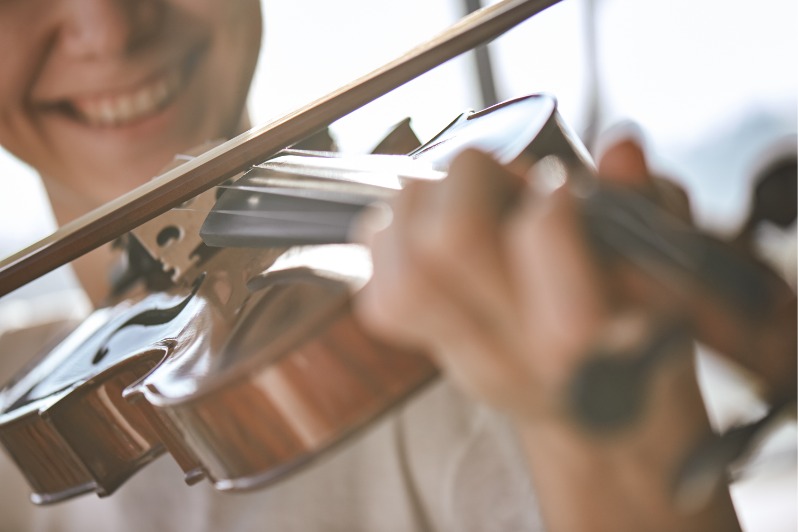
AKM’s distribution keys are regulated in AKM’s statutes and distribution rules. Many variants and contractually regulated deviations are possible for this “basic key”.
Contractual agreements between the rights holders take precedence over austro mechana distribution keys. Restrictions on freedom of contract are set out in detail in the royalty distribution policy.
In the case of original works without a publisher, austro mechana’s basic distribution key provides for a 50:50 split between the composer and lyricist. For original works with a publisher, the split between composer or lyricist and publisher is 60:40 or 30% composer, 30% author and 40% publisher.
Original manuscripts: 100% composer for an instrumental work or 50% composer and 50% lyricist.
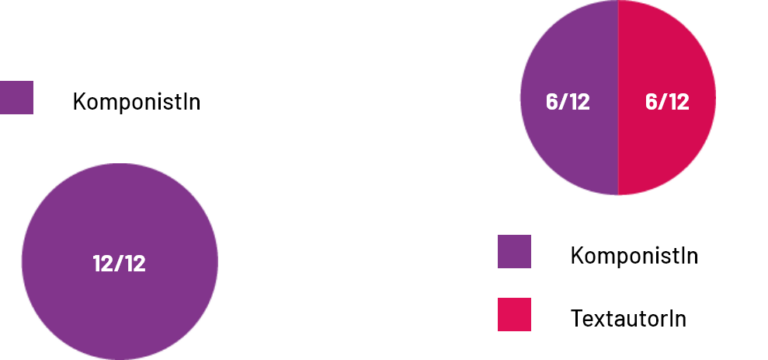
Originally published work: 66.66% composer and 33.34% publisher (instrumental work) or 33.33% composer, 33.33% lyricist and 33.34% publisher.
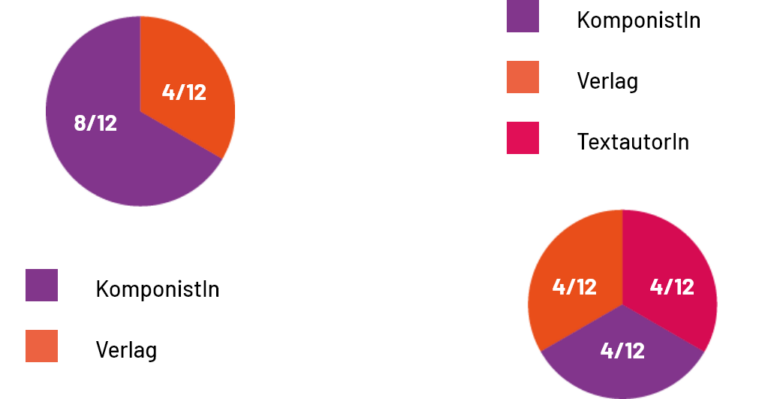
Upon request by the beneficiary(ies), collecting societies are authorized to classify original works or other certain works as culturally valuable and thus higher in value than others or their adaptations. How this is actually done is specified in the AKM royalty distribution rules.
If you have any questions regarding the registration of works, we are here to assist you. Please feel free to reach out for guidance or clarification.
FAQ
Works cannot be taken into account for royalty distribution until they have been registered. It is not sufficient for a work to appear in a music program, on a broadcast list or on a CD. If you do not register your work, you simply will not receive any royalties.
No. The work registration has nothing to do with when the works’ protection actually enters into force. Copyright law links the protection of a work to its creation from that very initial moment and not to a formal act such as a work registration or the like.
In the case of manuscript works — i.e. unpublished works — obviously only the author him/herself can register the work. If several authors were involved in a work, the registration should take place by each individual participant. If the information provided when you register ends up varying (e.g. about the composers or lyricists involved), we will contact you. For published works, registration by the publisher is generally sufficient — but an additional registration by the author(s) is nevertheless still useful indeed.
No. Each author only registers his/her works with the collecting society to which he/she is a member. This also applies if a work was created by several authors and they belong to different collecting societies. Through international cooperation, the documentation of the works is also accessible to all sister companies worldwide.